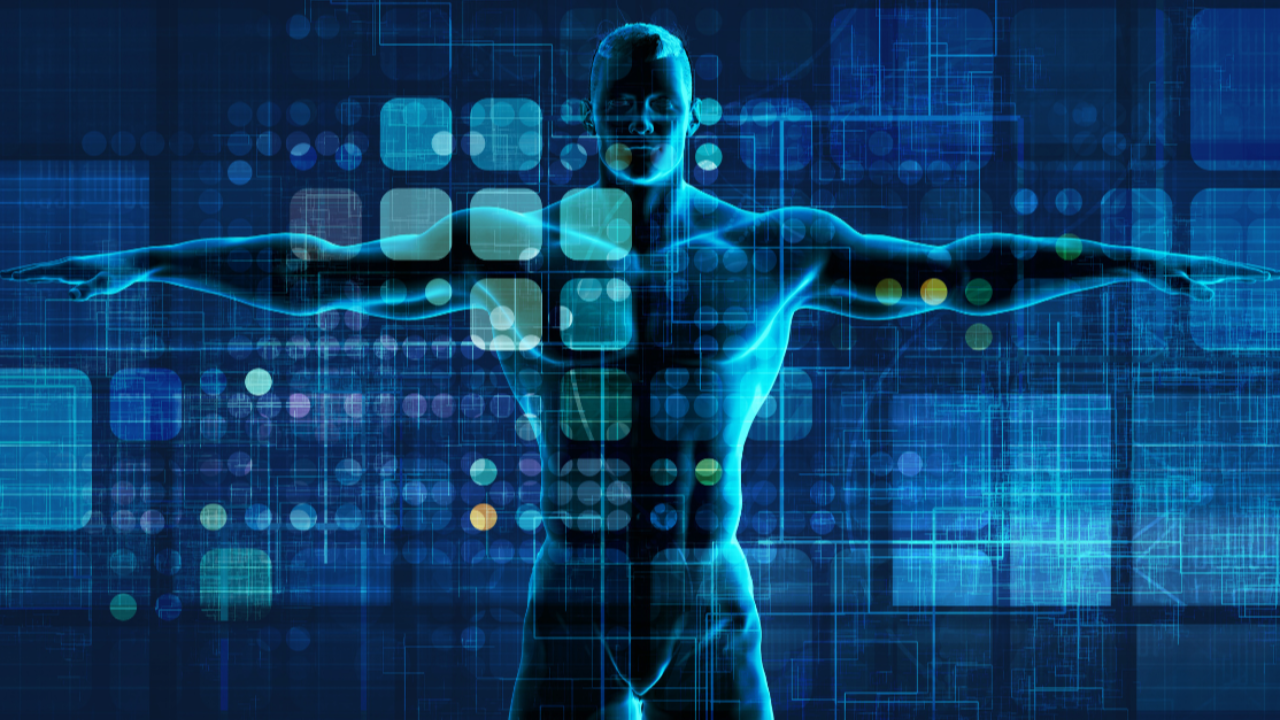The Big Lie About Training Posture You've Been Swallowing Whole - Part 2
Aug 31, 2023
Why Ballerinas Don't Need 'Posture Training': A Reality Check for the Fitness Industry
Consider a ballerina with impeccable posture.
Her upright stance isn't the result of constant reminders from her Russian instructor stomping her cane on hardwood floors or targeted upper-back exercises during warm-ups. Instead, her posture is a byproduct of her art.
As she spins and leaps, her brain—specifically the coordination between her visual and vestibular (inner ear) systems—works tirelessly to ensure she lands balanced and upright. In essence, her brain makes her "feel safe," allowing her posture to naturally align so she can move freely in space.
The Real Takeaway: It's Not About the Leaps and Spins
Now, before you think you need to start leaping and spinning like a ballerina to achieve this level of postural control, let's set the record straight. The key takeaway here isn't the ballet moves; it's the underlying neural mechanisms that make such posture possible.
The Missing Link in the Training Industry
The fitness and training industry has long focused on tri-planar motion and various modes of movement. However, what's often missing is a discussion about the neural components that can enhance these movements tenfold.
Neuro-Style Drills: The Game Changer
By incorporating visual and vestibular cues along with load and other variables, you can train the reflexive component of posture to become like a sponge soaking up water. These aren't complex brain surgeries; they are simple neuro-style drills and cues that can be integrated into any training session.
Teachable Moments for the Nervous System
These drills serve as teachable moments for your nervous system, helping to train the correct part of the brain responsible for postural control. You don't have to change your entire training regimen; you can simply add these neuro-style drills as intercessions to enhance the exercises you already choose.
The Role of Reflexive Control: It's Not Just for Ballerinas
Reflexive control mechanisms aren't exclusive to ballerinas; they're innate in all of us. These mechanisms are naturally engaged and trained in children, who haven't yet been conditioned to override them as they transition into a more sedentary adult lifestyle. This natural training often occurs through play and activities that aren't confined to linear or directed motions. Children are playing in space, exploring their environment, and their bodies adapt accordingly, enhancing these reflexive control mechanisms.
Relearning Reflexive Control as Adults
As adults, we can relearn these reflexive controls through specific exercises that engage the lower brain centers responsible for postural control. And the speed at which we can learn them is astonishing—akin to snapping your fingers.
The Power of Neuro Assessments
One of the most effective ways to relearn these reflexive controls is through neuro assessments. These assessments help us easily identify the right neuro-style drills that connect with the specific areas in the brain, that you need and are responsible for reflexive control. By tailoring the exercises to target these areas, we can achieve more effective and lasting results in posture improvement.
The Future of Posture Training is Here
Understanding the neural mechanisms behind posture is not just an academic exercise; it's a transformative approach that can revolutionize the way we think about health and well-being. From the ballerina's art to a child's natural play, training the brain the way it's designed to function is the key to sustainable posture improvement.
This is precisely what we aim to do in our mentorship program. We don't just teach these groundbreaking principles; we show you how to integrate them into your personal training sessions effectively.
Through our program, you'll learn how to conduct neuro assessments that pinpoint the areas of the brain responsible for reflexive control. Armed with this knowledge, you can then choose the right neuro-style drills to integrate into your training sessions, offering your clients a sustainable, long-term solution for postural control.
Looking for more information, click here.
Want more information on our Mentorship and Programs?
We hate SPAM. We will never sell your information, for any reason.

